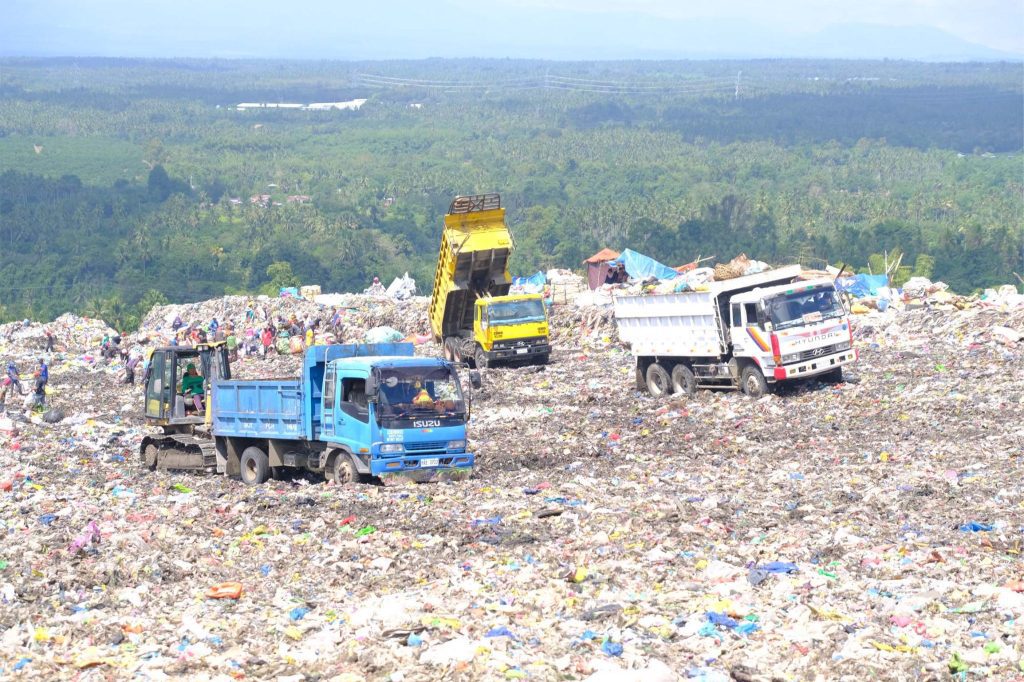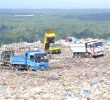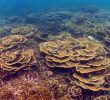
DAVAO CITY, Philippines – An Australian company is interested in funding Davao City’s waste-to-energy project after the initial funder Japan seems to face problems.
City Councilor Temujin Ocampo, chair of the City Council’s committee on environment, said an Australian firm Corinthian Energy Resources is now in talks with the Davao City Investment Promotion Center (DCIPC).
This comes after the initial project funder, Japan International Cooperation Agency (JICA) faces challenges under the national government’s scrutiny.
Ocampo said Corinthian is experienced in energy-generation projects with a European partner and is known for creating energy sources from waste without incineration by using its advanced technology through its.
The original WTE project was set to use incineration, a method opposed by 71 environmental groups and civil society organizations in Davao as it produces high amount of greenhouse gas and toxic emissions.
“I think they are looking at a 50-megawatt power plant. But such a big power plant needs a lot of waste and Davao City alone cannot provide that waste. They are very aggressive. During the initial talks with the city government they said they will do their best, the city will not invest even a peso as long as we provide them with an area for operation,” Ocampo told reporters in a press conference.
But the new update is “not welcome” to Interfacing Development Interventions for Sustainability (IDIS), as its executive director Atty. Mark Peňalver calls it “a band-aid solution to the waste problem” of the city.
Peňalver pointed out that even if the new company does not use incineration or burning of plastic waste to create energy, they are still using methods that are not environmentally friendly that would still cause problems.
The local environmental group said there are alternatives that focus on sustainable waste management in the city.
READ: OPEN LETTER | Waste-to-Energy incineration is NOT a REAL solution
“The solution, given there are plastic wastes, is to demand companies to adopt to a more environmentally friendly packaging of their products,” says Peñalver as the city has a policy of restricting single-use plastic.
“Second thing is the implementation of our Solid Waste Management Act and our Solid Waste Ordinance, make operational the Material Waste Recovery Facilities as this solution will also impact the livelihood of our communities,” he said.
IDIS has also presented a ‘Green Agenda’ to Councilor Ocampo and Mayor Sebastian Duterte to lay down the environmental concerns of the city and can be a basis for crafting any laws protecting the environment.
Davao City generates an average of 600 tons of garbage per day, as the city’s landfill in New Carmen, Tugbok has already exceeded its maximum capacity of 800,000 tons. (davaotoday.com)
davao city, environment, incineration, waste-to-energy









